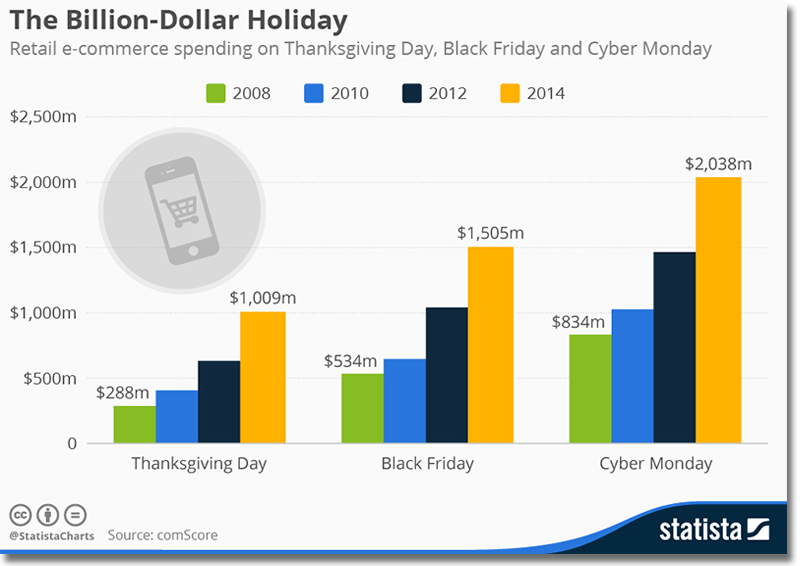Black Friday: An Impossible Feat without Logistics

Working well in advance with a supply chain expert helps minimize the potential for disaster and ensures the Black Friday and holiday season supply meets the demand. By Mark Derks
…
November 27, 2015
Who could forget the frenzy over Cabbage Patch Kids® dolls in 1983, the quest for a Nintendo® Game Boy™ in 1991, the Tyco® Tickle Me Elmo mania of 1996, or the invasion of the Furby in 1998?
With Black Friday here, what will be the must-have toy of the year?
Building blocks and gaming consoles are always safe bets, but the smart money this year is on any collectable from a certain movie taking place a long time ago in a galaxy far, far away.
The thing is, having the toy of the holidays is a retailer’s dream, but a logistician’s nightmare.
The examples above are memorable because the supply didn’t meet the demand, and in some cases, people would do whatever they could to make sure they had the gifts their children so badly wanted.
So as we embark on Black Friday and the ensuing holiday shopping season, let’s take a moment to look at what really makes it all possible: Logistics.
The Black Friday supply chain is fragile, and the last thing a retailer needs is to be out of stock of a popular product.
After all, this isn’t Star Trek; you can’t just beam it there.
The average transit time via an ocean container from Asia to the United States is anywhere from 2 to 4 weeks.
Customs clearance and shipping from the port to final destination add on days from there.
According to the National Retail Federation, there is potential for 135.8 million holiday shoppers to shop online and in stores Thanksgiving weekend.
Supply chain professionals spend months analyzing data and build inventories in the early fall to handle the purchasing surge.
A great example of this is in Chicago, the gateway to the Midwest for many inbound shipments.
On average, C.H. Robinson moves over 38,000 full truckloads on a monthly basis into and out of Chicago.
To handle the 2014 Black Friday and holiday season inventory push, the number of truckloads increased by almost 6% in September and 13% in October.
The downside to this push of shipments is the direct pressure it puts on the supply chain, as there are only so many trucks on the road to handle the volume of shipments.
Poor planning, last minute replenishments, and breakdowns on the road can cause companies to expedite shipments via faster modes of shipping, such as air freight, in order to meet the consumer’s needs.
Ask around to any supply chain professional you know and they’ll be more than able to tell you of a Black Friday shipment gone wrong.
I’m sure you’ll hear about delays at a port, a manufacturing line that abruptly shut down, or how Mother Nature ruined everything. While there have been some memorable Thanksgiving storms, each of these examples can cause delays on the roads or airports, preventing last minute shipments from hitting the shelves.
‘Tis the season where smart supply chains deliver. Working well in advance with a supply chain expert helps minimize the potential for disaster and ensures the Black Friday and holiday season supply meets the demand. Logistics pros know that when all goes right and the product hits the shelves on time for Black Friday, it’s the equivalent to winning the supply chain Super Bowl. That’s something we can all be thankful for.

This chart shows retail e-commerce spending on Thanksgiving Day, Black Friday and Cyber Monday from 2008 to 2014.
When Americans started celebrating Thanksgiving in the 19th century, it was about cherishing the blessings of the year, particularly the year’s harvest. Nowadays, as people aren’t as dependent on agriculture as they once were, it is more about a general thankfulness for the things and more importantly the people we have in our lives.
However, sometimes it seems like the holiday is as much about thinking what we don’t have as it is about valuing what we’ve got.
Over the past few years, Thanksgiving weekend has grown to become a huge shopping extravaganza both on- and offline. Retailers try to outdo each other in offering the best Black Friday/Cyber Monday deals and consumers willingly grab the chance to kick off their holiday shopping and snap up some bargains.
In 2014, e-commerce sales on Thanksgiving Day, Black Friday and Cyber Monday each surpassed the billion-dollar mark with Cyber Monday breaking the record for the single biggest online shopping day in U.S. history. Let’s see what record this year has in store. Whatever it is, retailers will probably have billions of reasons to be thankful.
No comments:
Post a Comment